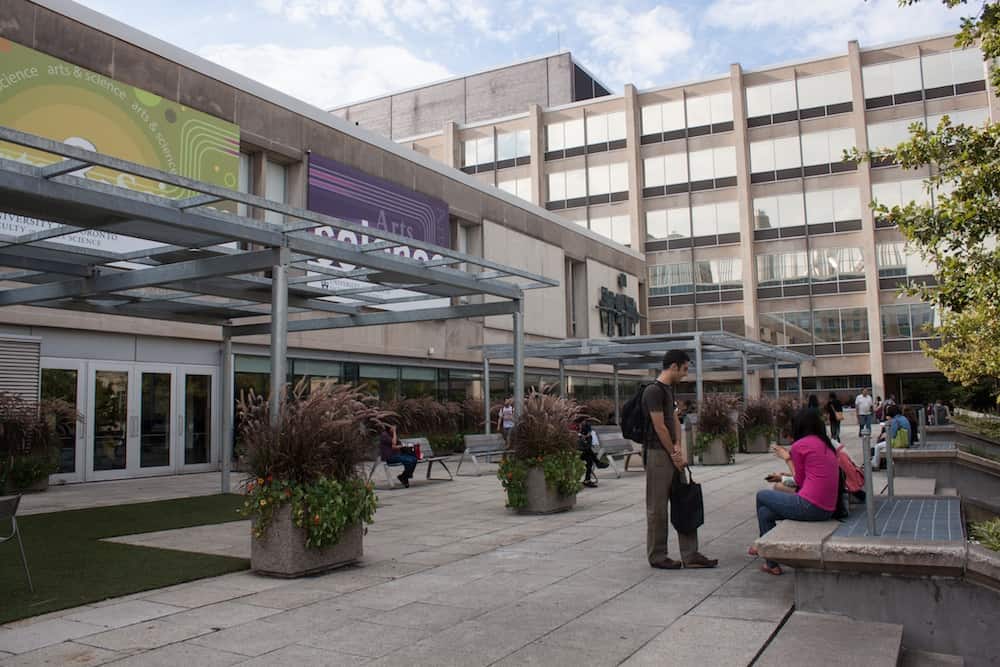The 2014 – 2015 academic year marked the return of modern Greek courses at U of T, after the Greek Students’ Association (GSA) succeeded in its efforts to restore the long forgotten program.
The GSA began the initiative to revive a Hellenic studies program after its sudden cessation more than a decade ago. This initiative garnered a lot of support as a large number of students expressed an interest in seeing the program return. The movement to re-establish the program picked up momentum as the Centre for European, Russian, and Eurasian Studies (C.E.R.E.S.) and the Hellenic Heritage Foundation (HHF) of Toronto offered their support of the venture.
“The program was mainly revived based on student interest, and so that’s how it was brought up,” said Victoria Bekiaris, a fifth-year student who was involved with the initiative from its early stages. “The easiest outlet to do it through was the GSA, a club which has a Greek-majority student body.”
By September 2014, the year-long modern Greek language course was one of the three new Hellenic studies’ courses being offered.
“Negotiations were coming to fruition as the university was setting a targeted budget and a preliminary curriculum not just for one language course but for an entire Modern Greek program by late May of 2014,” said Kostas Katsanevas, a former GSA President who was instrumental in the revival of the program.
While those behind the initiative were excited to see years of work paying off, they were also nervous about the initial reception of the program. Their worries soon dissipated as the inaugural year of the program proved to be a success.
“Given the sizzling political developments in Greece and the region, there was a great interest in our political science and contemporary Greece courses,” said Themistoklis Aravossitas, who has been named as the instructor of the modern Greek course. “Our Greek language course had one of the highest enrolment rates among all universities in North America and the students’ feedback was great.”
“Because of the student interest and popularity, more courses have been added for the upcoming year,” said Bekiaris. “The professors are great, and a lot of the student feedback from last year is being used to help plan even better for this year’s classes.”
“The language courses are really good for anyone who has an interest in studying the Greek language,” said Maria Alexiou, a fourth-year student who completed the Modern Greek course this past year. “Through the course, I improved my Greek a lot, so I think it is especially worthwhile for people who have ties with the language.”
As a result of last year’s success, several other courses are being offered in the upcoming year including introductory modern Greek, elementary modern Greek, and advanced modern Greek I and II. With such rapid development, in only its second year, the future of the program looks very promising.
“Everyone involved with this program shares the goal for permanent modern Greek studies at the University of Toronto,” said Aravossitas, “combining exciting subjects such as Hellenic culture, politics, history, and language. We simply say, ‘It is not Greek to us!’”


